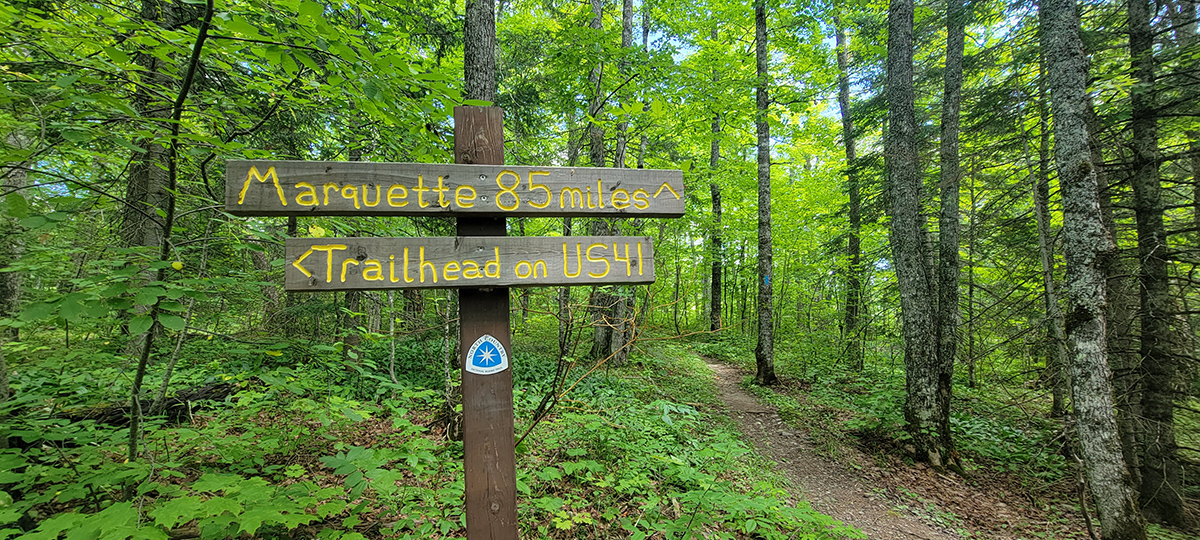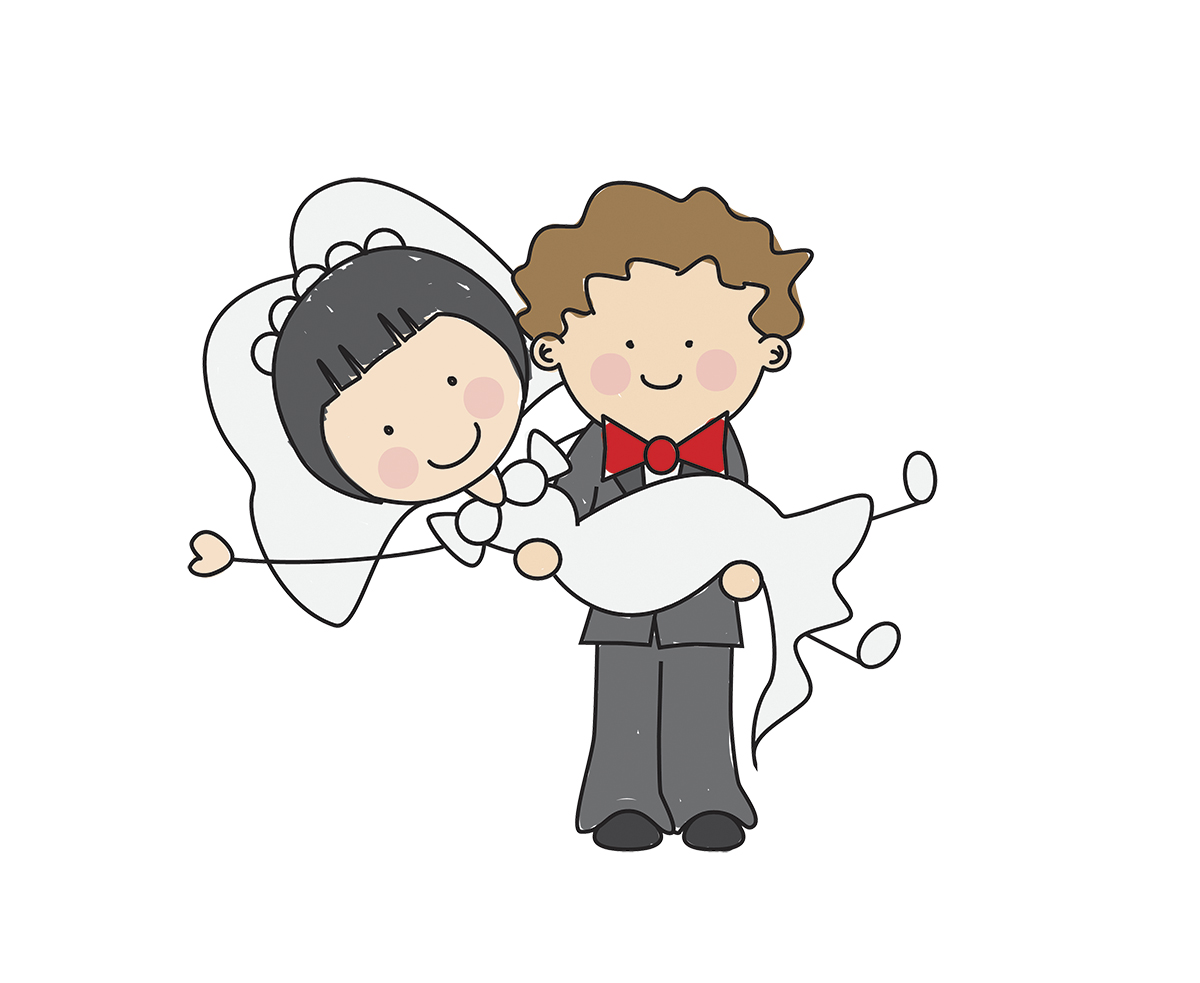WRITER | JULIE FORD
PHOTO | WMCW
While decades may have passed since last taking up a musical instrument, it’s never too late to get back into the swing of playing it again. Community bands throughout Michigan are always looking for new members, and getting started can reignite more than just the passion for playing music.
Research suggests that playing a musical instrument rewires the brain and may thwart age-related cognitive decline. It’s a complex activity that involves sight, sound, touch, and motor function all intricately coordinating and communicating with each other under intense focus. This is exactly why musicians in their 50s through 90s can still play, even at competitive or professional levels. Playing an instrument is like food and exercise for the brain. With the bonus of being part of a community of people creating music together, plus the instant 50 or more band member friends upon joining, it’s no wonder there are hundreds of active community bands in the US.
“There are community bands for all levels,” says Gail Brechting, conductor and musical director of the West Michigan Concert Winds in Muskegon. “I’ll have someone who says, ‘Oh, I want to get my instrument out.’ They sit in for two rehearsals, then audition, and we talk about why they want to be there. In 20-some years of doing this, I think I’ve told only two people to study privately first.”
Brechting explains that, with a little online research, an individual can find a band that matches their current playing ability. She suggests taking one to two years of lessons to raise skill levels in order to land a spot in a more competitive community band. Michigan ranks within the top six states, with more than 30 community bands (including the Upper Peninsula). Many of these maintain websites with information about playing level, dues, rehearsal times, number of concerts, and performance dress code. Some welcome players at every level; others have auditions and invite those who can read and play more complex pieces with few or no mistakes to join.
Community bands may play one concert at the holidays, a few throughout the summer, or numerous concerts both at home and in other cities. “It’s cheaper than a bowling league,” laughs Brechting of the $50 annual dues for members of the West Michigan Concert Winds. “Our time commitment runs from September to April, with 2.5- to 3-hour rehearsals once a week as well as several concerts.”
What began in the 18th century as a means to keep a military cadence is now a flourishing network of amateur community bands in cities and towns around the world. European-influenced civilian bands played at social occasions in the 19th century. Tax-funded municipal bands were formed after World War I, and the implementation of music education in the US after World War II gave tens of thousands of students the opportunity to learn an instrument and play in a school band.
Whether in a closet, on a shelf, or in a box in the basement, there may be a musical instrument in your home eagerly awaiting a tune-up and a breath of fresh air flowing through its valves to once again create music. Picking up an instrument is like riding a bike, and Brechting notes that baby boomers, especially, were part of very strong music programs. “If you started creating music as a 10-year-old and liked it, it’s in your soul.”
ACBands.org l Community-Music.info l gbrechting@outlook.com








